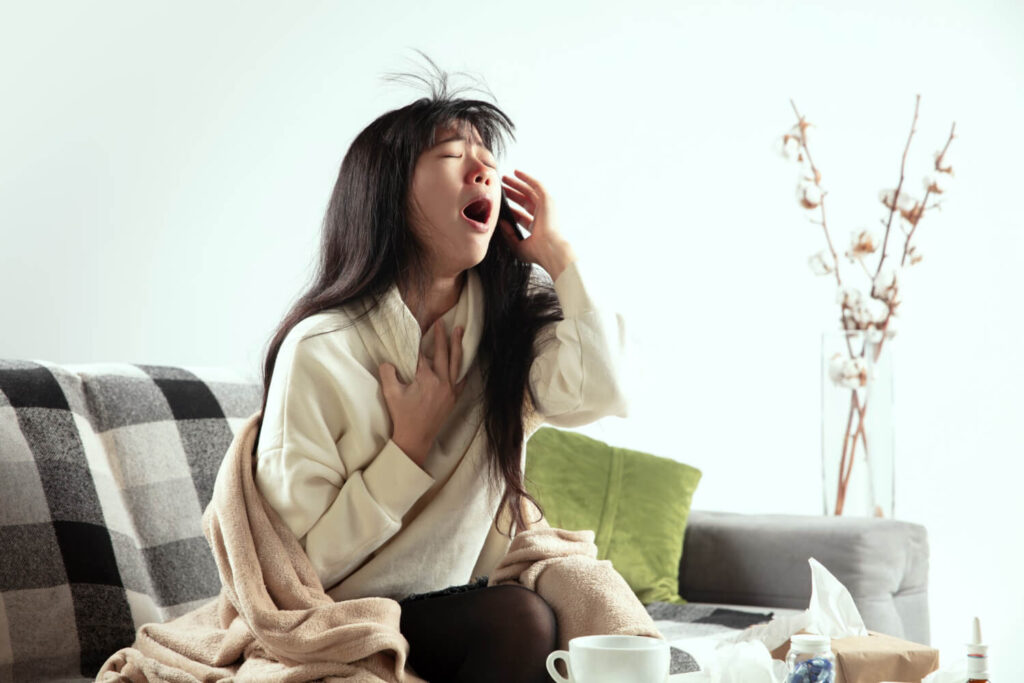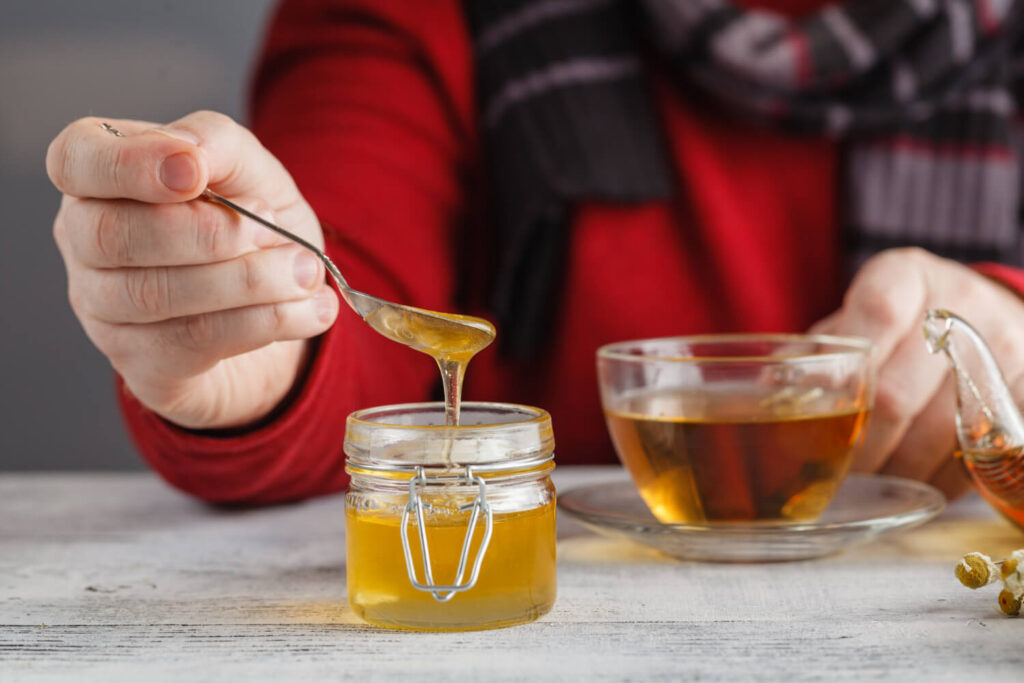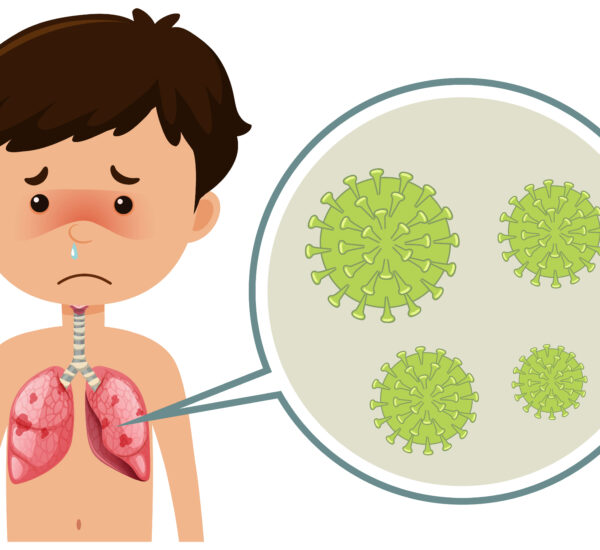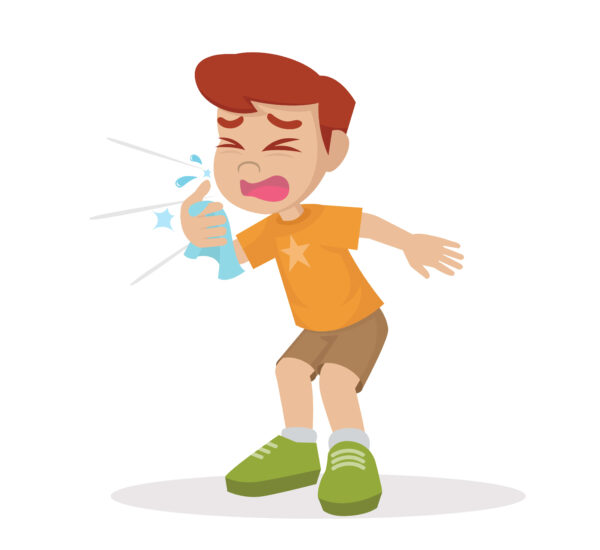Looking for home remedies for whooping cough recovery? Find the suitable remedy for speeding up healing of coughing symptoms and respiratory infection.
Aiming for an ultimate recovery from whooping cough should be one of the major priorities of patients, especially their family members. While vaccination is an ideal form of prevention treatment, it’s not enough. That’s why a combination of medication treatment and home remedies for whooping cough is the key for achieving a healthier respiratory health.
Fortunately, there are various home remedies for whooping cough that people can try. Whether it is for preventive measures or as a supporting treatment option, these techniques are essential, especially at home. So, if you are looking for effective remedies that you can do at home, this blog is for you. Let’s begin!
Why Whooping Cough Can Be Serious
Whooping cough can be a serious illness, especially in certain populations such as young babies and individuals with weakened immune systems. It is caused by the Bordetella pertussis bacterium, which is highly contagious and spreads through respiratory droplets when an infected person coughs or sneezes.

When the bacteria enter the body, they attach to the lining of the respiratory tract and release toxins that damage the airways. This leads to inflammation and swelling, causing severe coughing fits. The coughing can be so intense that it can cause vomiting, difficulty breathing, and even rib fractures in severe cases.
Young babies are particularly vulnerable to whooping cough because their immune systems are not fully developed, and they may not have received all the required doses of the vaccine. At the same time, older adults with weak immune systems can also develop the condition. They are at risk of developing respiratory complications such as pneumonia, which is a serious infection of the lungs. In rare cases, whooping cough can also lead to other complications such as seizures, brain damage, and even death.
Effective Whooping Cough Treatment at Home
Dealing with whooping cough at home involves managing the symptoms and supporting the body’s healing process. Home remedies can play a huge role in easing the cough and promoting recovery. With these interventions, the patient can be one step closer towards a healthier respiratory health. Although, it is still important to consult your doctor before applying any alternative medication in your treatment plan routine.
Here are some of the effective home remedies for whooping cough that you might be interested in:
1. Natural Remedies for Whooping Cough
One of the ideal home remedies for whooping cough is the natural cough suppressants. At the same time, these remedies aim to support the immune system and soothe the respiratory tract.
Some natural remedies for whooping cough include:
Honey As A Natural Cough Suppressant

Honey is a natural remedy that can act as a cough suppressant for whooping cough. It has soothing properties that can help relieve cough symptoms and provide temporary relief. Also, it contains antioxidants that support the immune system and help fight off infections.
To use honey as a natural cough suppressant, you can mix a teaspoon of honey with warm water or herbal tea. This mixture can be consumed several times a day to help reduce coughing and soothe the throat.
However, it is important to note that honey should not be given to infants under the age of one due to the risk of botulism. It is always best to consult with a healthcare provider before using honey or any other natural remedies, especially in young children.
Ginger As An Anti-inflammatory Benefits

Another natural remedy for whooping cough is ginger. It is known for its anti-inflammatory properties, and can be a valuable natural remedy for whooping cough. Its ability to reduce inflammation in the airways may help alleviate cough symptoms and ease respiratory discomfort.
Patients can try to incorporate ginger into their diet or consume ginger tea for relief and support. It can help strengthen the body’s immune response during the recovery phase. Thus, allowing them to heal faster from whooping cough.
2. Hydration Remedy for Whooping Cough

Meanwhile, another form of home remedies for whooping cough is water intake or hydration. Hydration is an important aspect of managing whooping cough. Staying hydrated helps keep the respiratory tract moist and can help loosen mucus, making it easier to cough up. It also helps prevent dehydration, which can worsen symptoms and prolong recovery.
3. Keeping the Air Clean and Allergen-Free

Additionally, one of the home remedies for whooping cough is trying to maintain a clean and allergen-free air. Doing so can help reduce respiratory irritation and promote healing for individuals with whooping cough. That’s because poor air quality at home means the allergens can easily trigger the patient’s condition, which can worsen coughing spells and prolong recovery.
By keeping the air clean and free from allergens and irritants, you can help reduce respiratory irritation and support the healing process. If you have concerns about air quality or the presence of allergens in your home, consult with a healthcare provider or an environmental specialist for further guidance.
4. Rest and Recovery

Lastly, patients are recommended by the doctors to recuperate and rest. Your home is an environment where you can ensure recovery from this respiratory condition. Take note, adequate rest allows the body to heal and helps boost the immune system, Thus, ensuring faster recovery.
By prioritizing rest and allowing your body time to recover, you can help reduce coughing spells and promote a faster recovery. It is important to listen to your body’s needs and consult with a healthcare provider if symptoms worsen or persist.
Limitations of Home Remedies for Whooping Cough
While home remedies can be effective in managing the symptoms of whooping cough, it is important to recognize their limitations. Home remedies are not a substitute for medical treatment and should not replace prescribed medications or professional medical advice.
Home remedies can help ease symptoms such as coughing and promote recovery, but they do not treat the infection at its roots. Antibiotics prescribed by a healthcare provider are necessary to eliminate the bacteria causing whooping cough. Furthermore, the symptoms can progress into other respiratory conditions if the patient decides to intervene with only using the home remedies.
That’s why, when dealing with whooping cough, it is important to consult with a healthcare provider before using any home remedies. They can provide guidance on the safety and effectiveness of specific remedies and ensure they are appropriate for your individual circumstances.
When Should You See a Doctor for Whooping Cough

Remember, it is important to know when to see a doctor like a pulmonologist for whooping cough to ensure timely diagnosis and appropriate treatment. The following are whooping cough symptoms that should be taken seriously to not progress into a more complicated health risk:
- Severe coughing: If you or your child is experiencing severe coughing fits that are causing difficulty breathing or vomiting, it is important to seek medical attention. Severe coughing can be a sign of complications or a more severe infection.
- Coughing spells: If coughing spells are becoming more frequent or severe, it may indicate that the infection is worsening. Consulting with a healthcare provider can help determine the appropriate course of action.
- Signs of dehydration: Whooping cough can cause excessive fluid loss due to vomiting and coughing. Signs of dehydration, such as decreased urine output, dry lips, or extreme thirst, should not be ignored and require medical attention.
It is important to remember that pertussis can be a serious infection, especially in young children, pregnant women, and individuals with compromised immune systems. Seeking medical attention allows for proper diagnosis, monitoring, and treatment to prevent complications and promote recovery.
Conclusion
There are several ways on how to ease the exacerbation of whooping cough, and home remedies for whooping cough can help. Although, patients must take note that these remedies are not functional without the medical intervention aspect. Whooping cough is a result of an infection from a bacteria, Bordetella pertussis. The infection and inflammation will not subside with the mentioned home remedies, which can lead to further complication.
That’s why, if you are interested in using the home remedy options, it is best to communicate first with your doctor. Discover the suitable combination of treatment options that works depending on your condition.
Start today to identify which treatment plan is for you. Book an online consultation or visit a health center for a session with a pulmonologist today!
Home Remedies for Whooping Cough
Test your knowledge on managing whooping cough recovery



